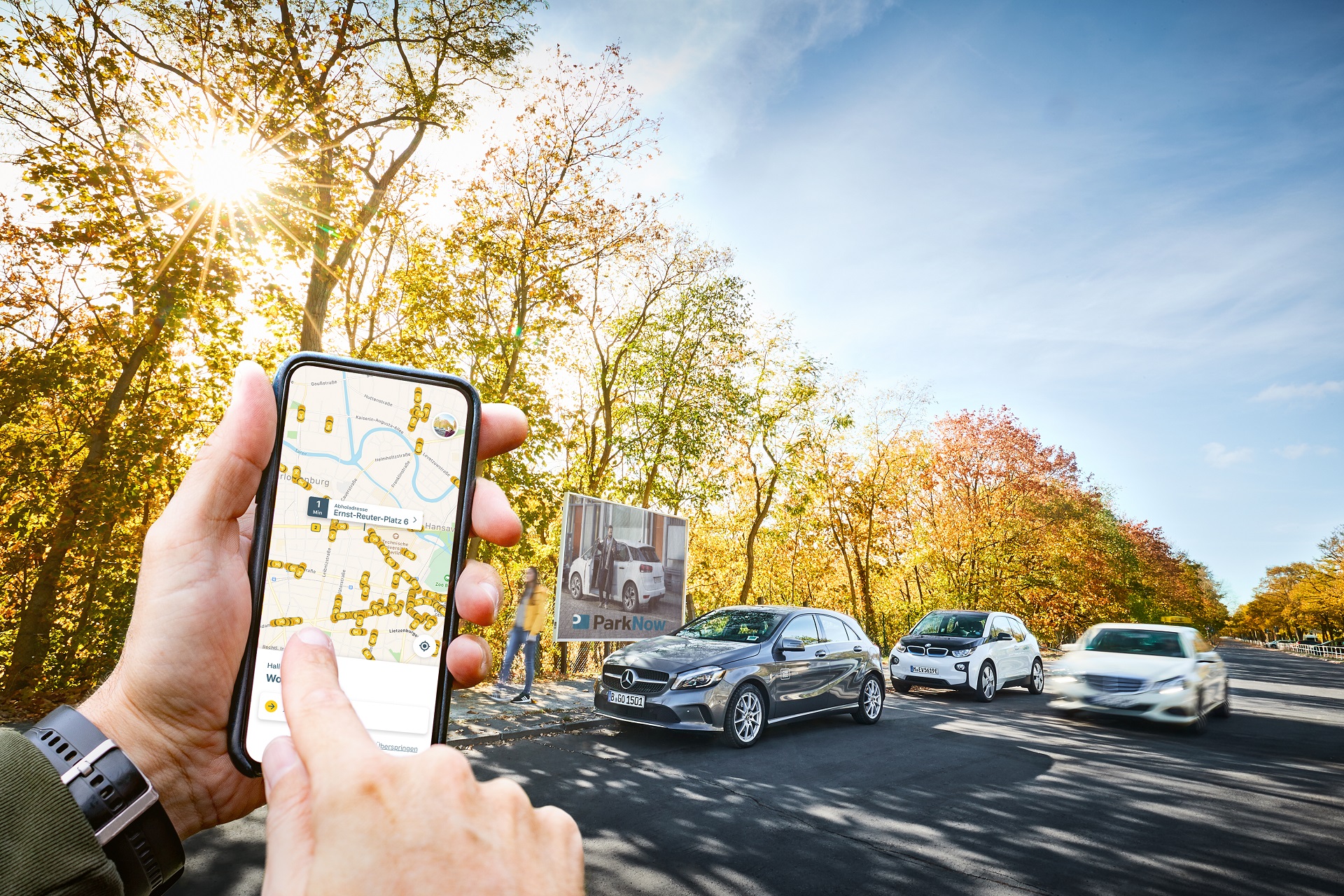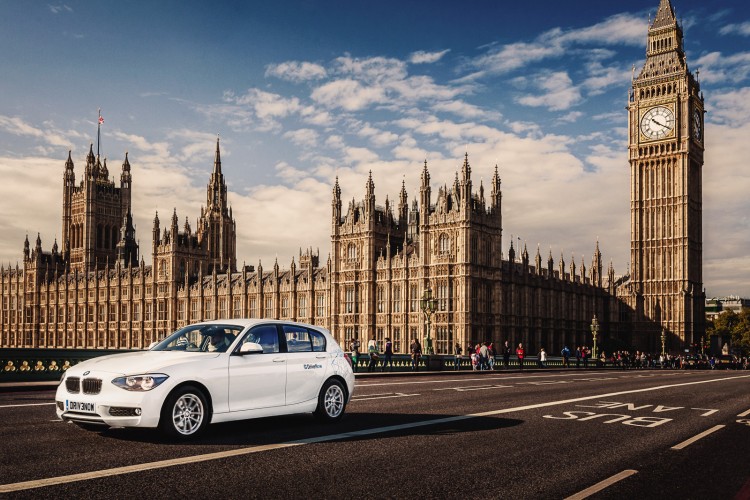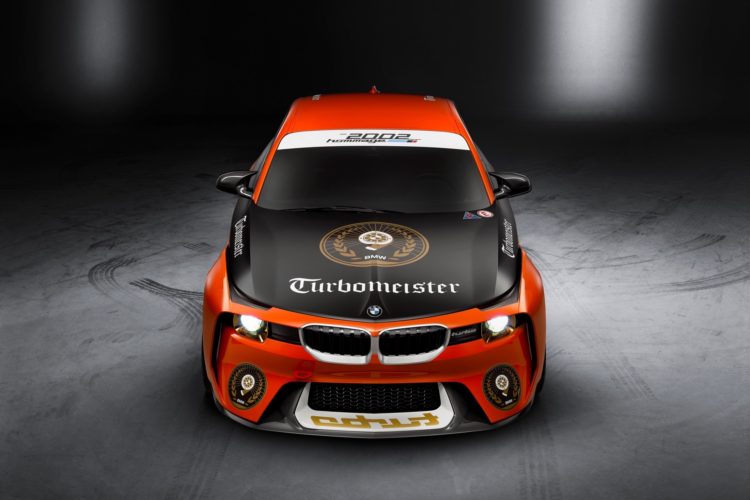A bit over a year ago, BMW and its arch-rival Daimler were given the green light to proceed with their merger in the field of mobility services. The two German giants were allowed to merge some of their services aimed at offering a couple of useful alternatives to traditional means of transportation. Things evolved in the meantime and BMW and Daimler are starting to get a better understanding as to what customers are looking for.
Some might say that they are simply stretching into the unknown here, but staying away from mobility services is no longer a choice, considering the landscape. Traffic in urban areas is getting out of hand and along with it, pollution. That means carmakers need to figure out a way of making money in the future as well, without necessarily relying on selling cars. And when your punchline is focused on the joy of driving, staying stationary in traffic might hurt your sales.
Speaking to AutomotiveIt.com at the IAA earlier this year, BMW’s head of marketing and communications for BMW’s Mobility Services division, Tony Douglas, put things into perspective:
“Mobility is a massive business. If you look at the amount of money going into this space, you can be sure something will come out of it.”
That’s certainly true and you can use Uber or Lyft as a prime example for that, businesses that are challenged now by the joint ventures set up by BMW and Daimler.
But that’s only part of the solution. The offerings from the two traditional carmakers cover other areas as well. From intelligent parking to fast charging for electric cars, they cover all bases in terms of getting you from A to B in a hurry.
As for how this entire venture will develop, we’ll have to wait and see but things seem to be moving in the right direction.






































































